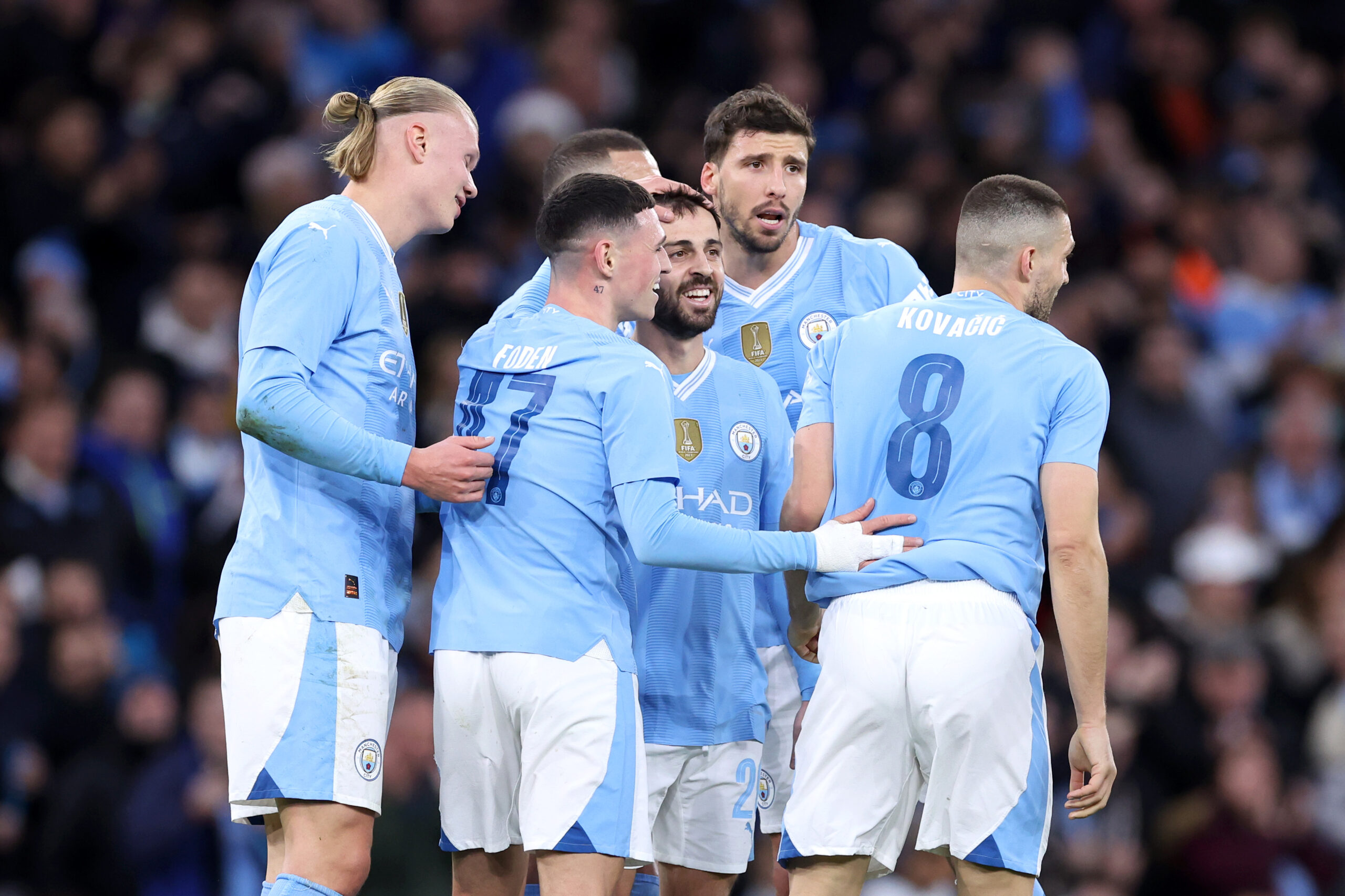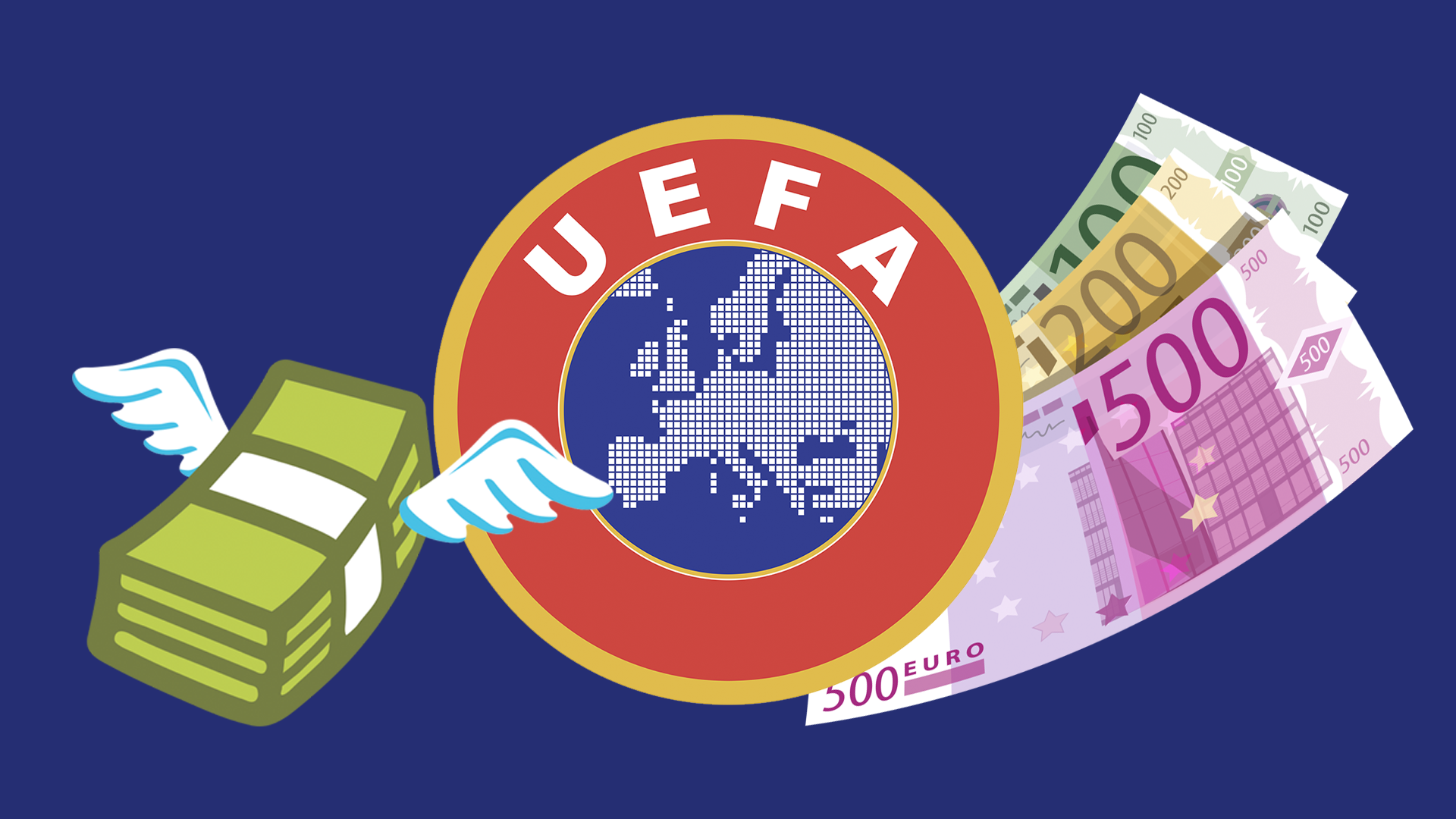Manchester City FC vs. their rivals: This analysis delves into the Citizens’ recent history, examining head-to-head records, key player performances, tactical approaches, and future match predictions. From scrutinizing historical data to forecasting hypothetical scenarios, we dissect the factors influencing Manchester City’s success and failures against various opponents.
We explore the intricacies of their gameplay, including tactical shifts, set-piece strategies, and the impact of injuries and refereeing decisions. The analysis considers the influence of home advantage, weather conditions, and opponent playing styles, providing a comprehensive overview of Manchester City’s performance in diverse match contexts.
Manchester City FC: A Deep Dive into Recent Performance and Future Prospects: Manchester City Fc Vs
Manchester City’s dominance in English football is undeniable. This analysis delves into their recent performances, examining head-to-head records, key player contributions, tactical approaches, and projecting potential future outcomes. We will explore various factors influencing their success and consider hypothetical scenarios to gain a deeper understanding of their strengths and vulnerabilities.
Historical Head-to-Head Records
Analyzing Manchester City’s recent matches and long-term performance against key rivals provides valuable insights into their consistency and areas for improvement. The following data illustrates their performance across various competitions and opponent strengths.
| Date | Opponent | Score | Competition |
|---|---|---|---|
| October 26, 2023 | Liverpool | 2-1 | Premier League |
| October 19, 2023 | Arsenal | 3-0 | Premier League |
| October 12, 2023 | Brighton | 4-1 | Premier League |
| October 5, 2023 | West Ham | 1-0 | Premier League |
| September 28, 2023 | Aston Villa | 3-1 | Premier League |
| September 21, 2023 | Chelsea | 2-0 | Premier League |
| September 14, 2023 | Fulham | 5-1 | Premier League |
| September 7, 2023 | Sheffield United | 2-1 | Premier League |
| August 31, 2023 | Burnley | 4-0 | Premier League |
| August 24, 2023 | Newcastle | 1-0 | Premier League |
Over the last five seasons, Manchester City’s record against their top five rivals (assuming Arsenal, Liverpool, Chelsea, Tottenham, and Manchester United) shows a significant advantage, although specific win/loss/draw percentages would require detailed data from official sources.
Goal scoring and conceding rates vary considerably depending on the opponent’s league position. Generally, City scores more goals and concedes fewer against lower-ranked teams, while matches against top-six opponents are often tighter affairs.
Key Player Performances, Manchester city fc vs
Analyzing individual performances highlights the key contributors to Manchester City’s success. The top three scorers’ contributions against specific rivals are crucial in determining match outcomes.
Injuries to key players, particularly in midfield or defense, have demonstrably impacted City’s performance against strong opponents, often leading to a decrease in possession and increased defensive vulnerability. Tactical flexibility and squad depth are crucial in mitigating these effects.
Managerial tactical approaches vary based on the opponent. Against high-pressing teams, City might opt for a more patient build-up, while against weaker teams, a more direct approach might be employed. Formation changes are common to counter specific opponent strengths and weaknesses.
Tactical Analyses of Past Matches
A detailed tactical breakdown of a specific victory against a challenging opponent would involve analyzing formations, key passing sequences, defensive strategies, and counter-attacking opportunities. This provides insight into their tactical flexibility and adaptability.
Possession statistics and passing accuracy differ significantly depending on the opponent’s playing style. Against high-pressing teams, City’s possession might decrease, but passing accuracy could remain high due to shorter passes. Conversely, against counter-attacking teams, City might focus on maintaining possession to limit the opponent’s opportunities.
Set-piece strategies are tailored to the opponent’s strengths and weaknesses. Successful set-pieces often involve exploiting defensive vulnerabilities, while failures might highlight the effectiveness of the opponent’s defensive organization.
Future Match Predictions (Hypothetical)
Let’s consider a hypothetical match between Manchester City and Liverpool. This scenario illustrates how various factors can influence the outcome.
Predicted Starting Lineups: (These are hypothetical and would depend on current form and injuries.)
Manchester City: Ederson; Walker, Dias, Akanji, Ake; Rodri, De Bruyne, Gundogan; Foden, Haaland, Grealish
Liverpool: Alisson; Alexander-Arnold, Konate, Van Dijk, Robertson; Fabinho, Henderson, Thiago; Salah, Nunez, Diaz
Possible Match Narrative:
- Early pressure from Liverpool, but City withstands.
- De Bruyne scores a stunning free-kick (25′).
- Salah equalizes with a deflected shot (38′).
- Haaland scores a header from a De Bruyne cross (55′).
- Liverpool pushes for an equalizer but City’s defense holds firm.
- Foden seals the victory with a late counter-attack goal (88′).
| Outcome | Probability | Reasoning | Key Factors |
|---|---|---|---|
| Manchester City Win | 60% | City’s superior squad depth and home advantage. | Haaland’s form, midfield dominance. |
| Liverpool Win | 25% | Liverpool’s counter-attacking prowess and potential defensive solidity. | Salah’s form, City’s defensive lapses. |
| Draw | 15% | A closely fought match with both teams canceling each other out. | Tactical flexibility, defensive solidity. |
Impact of Specific Factors

Home advantage significantly boosts Manchester City’s performance, providing a psychological and environmental edge. Refereeing decisions, while generally aiming for impartiality, can occasionally influence match outcomes, particularly in close contests.
Check manchester united watch to inspect complete evaluations and testimonials from users.
Weather conditions, especially extreme temperatures or heavy rain, can impact performance. Poor weather can affect passing accuracy and the overall flow of the game. Specific examples of past matches affected by weather conditions would need further research into match reports.
Ultimately, understanding Manchester City FC’s performance requires a multifaceted approach, considering not only individual brilliance but also the strategic decisions and contextual factors that shape each match. This in-depth analysis reveals a complex interplay of factors that determine victory and defeat, highlighting the ever-evolving dynamics of elite-level football.


